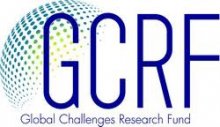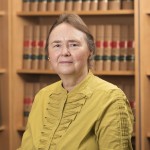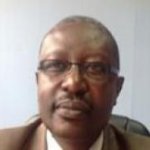The Wicked Problem of Plastics and the Discourse Surrounding its Governance
Start date
2020End date
2021Overview
How we perceive plastic has changed drastically in the previous half-century even as its use has become more widespread, from a world-changing opportunity to an environmental catastrophe. It is the very durability of plastic that makes it so useful for preserving food and maintaining hygiene that also makes disposing of it one of the key global challenges recognised for their fiendish complexity as “wicked problems” requiring multiple types of solutions to be developed by multiple academic disciplines and sectors of society.
Aims and objectives
This project seeks to improve how we use and dispose of plastic by looking at how we talk about plastic. It examines how local and national governments and organisations frame written, visual and verbal communication about plastic and asks how this can be translated into behaviour change and activism that leads to better laws and more effective governance.
The project investigates these discourses to learn how the “plastics story” is told in different countries and how this influences consumers, activists, regulators and other key decision-makers.
Funding amount
£60,000
Funder
Global Challenges Research Fund

Team

Co-Principal Investigator
Professor Rosalind Malcolm
Professor of Law, Co-Director of Surrey Centre for International and Environmental Law
Biography
I am an environmental lawyer and I specialise in looking at the ways law can be used to protect the environment. Recently I have been working on the 'wicked problem' of the polluting waste from plastics and how a circular economy might help to stop the problem of waste. So I look at laws around the ecodesign of products and how they can be implemented to stop the production of waste and pollution. I look at the whole governance frameworks for environmental law including not just the legislation but policy, implementation, enforcement and compliance as well as the impact of property rights. I have been working on the rights to water and sanitation and how they can be used to ensure a decent standard of living for people especially in developing countries. I believe that we will not solve the problem of the degradation of the earth unless we work across disciplines seeking solutions together so I specialise in multidisciplinary research working with social and natural scientists and engineers.
I am Co-Director of the Surrey Centre for International and Environmental Law, a research grouping of individuals and organisations engaged in research, teaching and consultancy into environmental regulation, compliance and enforcement. I also co-direct the Governing Plastics Network jointly with the University of Nairobi, Kenya.
I am a Fellow of the Institute for Sustainability at the University of Surrey and I also practice as a barrister from Guildford Chambers.

Co-Principal Investigator
Professor Nicholas Oguge
Professor of Environmental Policy, Centre for Advanced Studies in Environmental Law & Policy, University of Nairobi, Kenya
See profileDatabase
The network project will build knowledge and expertise around different governance approaches to plastics waste across Development Assistance Committee (DAC)-listed countries.
This information will be lodged on the website database and will be publicly accessible. The database will be a forum for knowledge and information exchange.